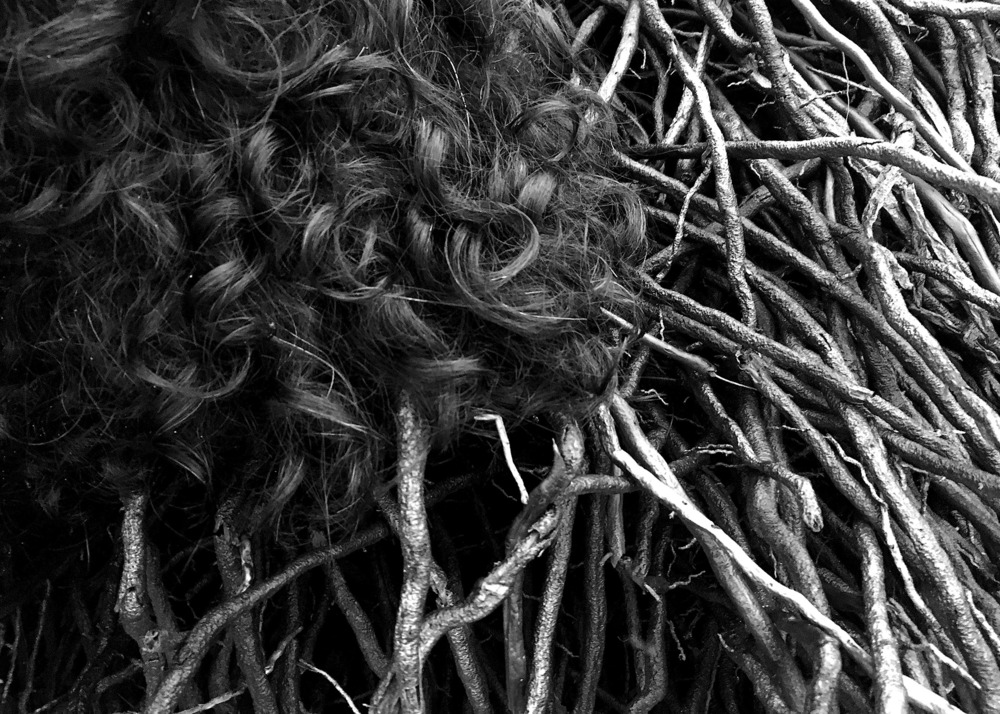
TRANSITIONS II
first performed on January 17, 2019
a beach, San Juan, Puerto Rico
performed twice in 2019
NATALIE MARX
Melissa Flower Gladney
New Rochelle, NY / Ridgefield Park, NJ
347384469n347384469a347384469t347384469a347384469l347384469i347384469e347384469t347384469e347384469c347384469h347384469n347384469i347384469c347384469o347384469l347384469o347384469r347384469@347384469m347384469e347384469.347384469c347384469o347384469m
natytechnicolor.com
TRANSITIONS II
NATALIE MARX
“Transitions II” is the second iteration of healing rituals I created in collaboration with Melissa Flower. The rituals carry explorations of the female body in relation with the land. This second series took place in Puerto Rico, one year after Hurricane María had passed, and Donald Trump had thrown paper towels to Puerto Ricans in the press conference of his Presidential visit to the island. 3,075 people died on the Island as a result of the Hurricane.
We explored the complexities of visiting a space of tragedy, a space that was not our own. This is a land that has been abused by those that enter. The first ritual was one of asking permission to be on the public beach, a recognition that we are foreigners to this land, and a ritual in connection between the water and the land. It took place in a public beach in Santurce, PR, among a few locals, mostly seated on their cars by the beach. Branches and seaweed mounted on the beach, mixed with colorful plastic soda bottles all over the place and the found body of a dead pelican that indicated that the Island was still in recovery after a year. A woman and her child who had seen us with the pelican body joined us and together we conducted the burial of a dead pelican on the beach, integrating this as part of the performance. The ritual included adorning with wild flowers and burning sage to acknowledge the loss of life in the island, during the golden sunset light that quickly disappeared into the night. Giving burial to the lifeless bird was an act against the neglect of the State, the dominating adversity in the landscape. The ritual ended when the sun went down. The woman and the child, the people parked by the beach, a local bartender, and those passing on the beach who gave pause left as soon as it became dark. We documented the act as a performance of our own relationship.
This moment is a deconstruction of women’s journey, constantly reflecting her relationship with the land. It is an act of dismantling colonial intoxications. Again the woman journeys in freedom, the beach a representation of the carefree and also of shocking forces, the opposition of the knowledge we share with those present. The patriarchal need to control this land corrupts our own privilege. A liberation. Journey and responsibility. The limitations of the complexities of this space reduced to media investigations. The abrupt reality. This is America. This is Puerto Rico. This is nowhere. This is an owned space, as the body is possessed. With these rituals we resist this form of colonial relation.